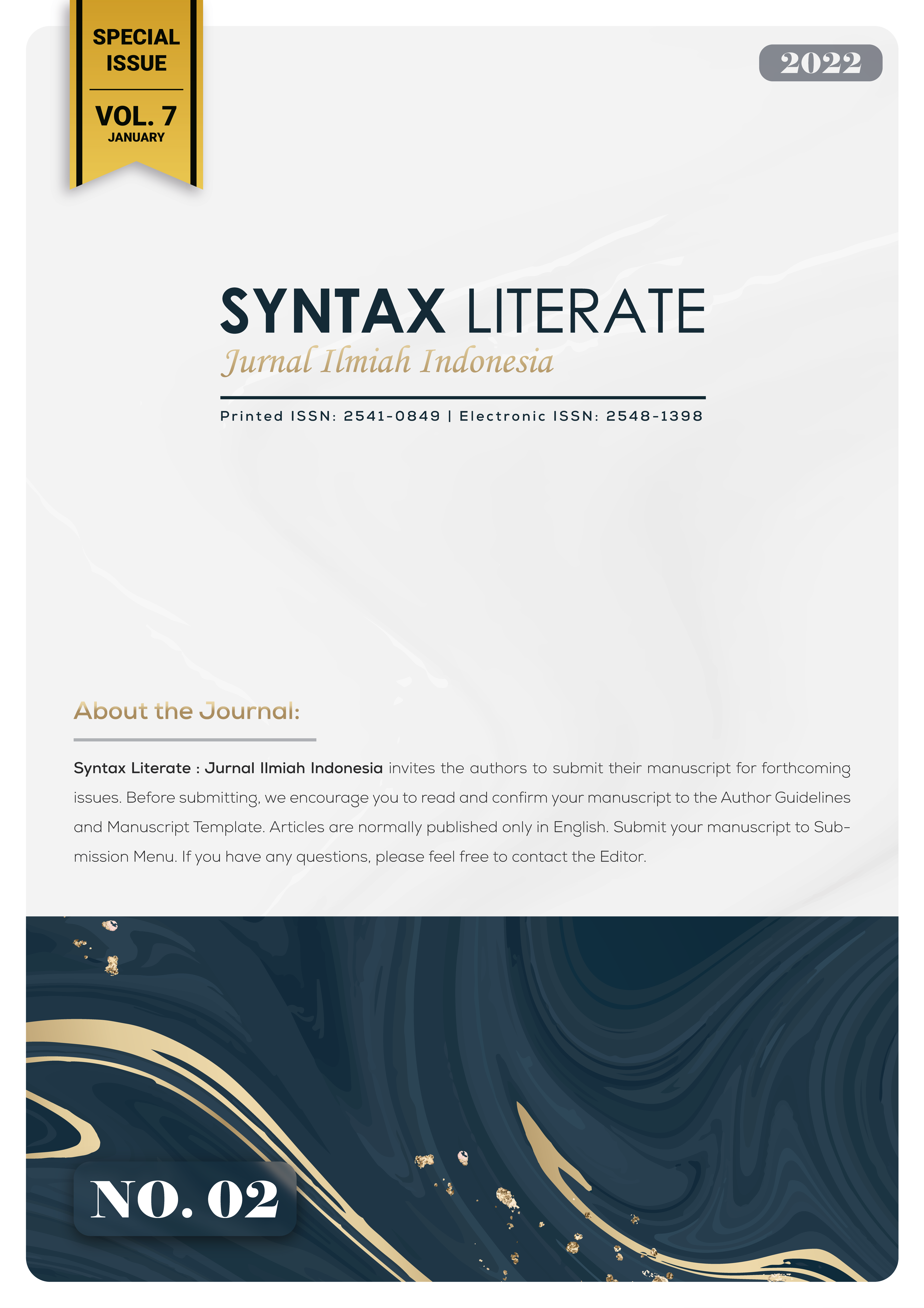Perception of Ecotourism Development In The Early Stage In Sukorejo Coffee Plantation, Central Java
Abstract
This research uses quantitative methods through field surveys of a sample size of 200 respondents taken from a population of 400 residents in the villages of Kalibogor and Purwosari, District of Sukorejo, Kendal, Central Java. This sample size uses the Slovin Formula by setting a standard error of 5 percent. Next, the researcher used the statistical method of conjoint analysis to determine the magnitude of the direction and the significance level of the research variables. This is done by setting pre and post ecotourism as dependent variables and indicators of respondents' profiles, economic perceptions, socio-cultural, environmental, and quality of life as independent variables. Conclusion of the research are There are significant differences between respondents' profiles on village clusters without (before) ecotourism and with (after) ecotourism in terms of education, employment, and monthly income of respondents. However, there were no differences in terms of gender, marital status, age, length of stay. There are significant differences between respondents' perceptions of village clusters without (before) ecotourism and with (after) ecotourism in terms of sustainability of economic factors, namely increased employment, number of shops, tax acceptance, business development, investment. There are significant differences between respondents' perceptions of village clusters without (before) ecotourism and with (after) ecotourism in terms of socio-cultural factor sustainability, namely in the perception of increasing participation, development, nature conservation, and increasing regional identity. There are significant differences between respondents' perceptions of village clusters without (before) ecotourism and with (after) ecotourism in terms of sustainability of environmental factors, namely increasing animal and animal life, improving quality of life, work productivity, and social awareness.
Downloads
Copyright (c) 2022 Jizenji Tyas Wirastomo

This work is licensed under a Creative Commons Attribution-ShareAlike 4.0 International License.











